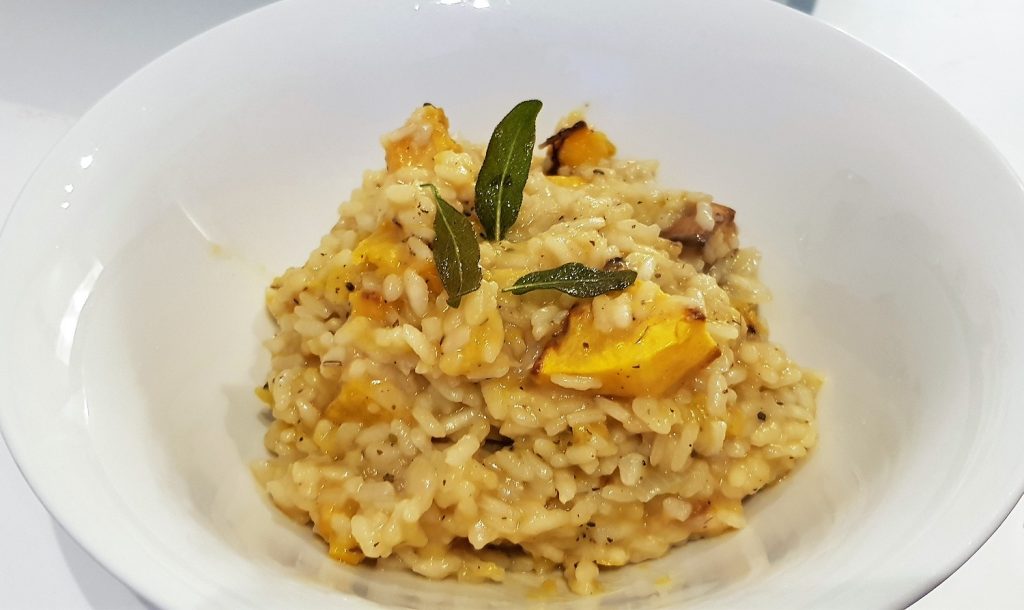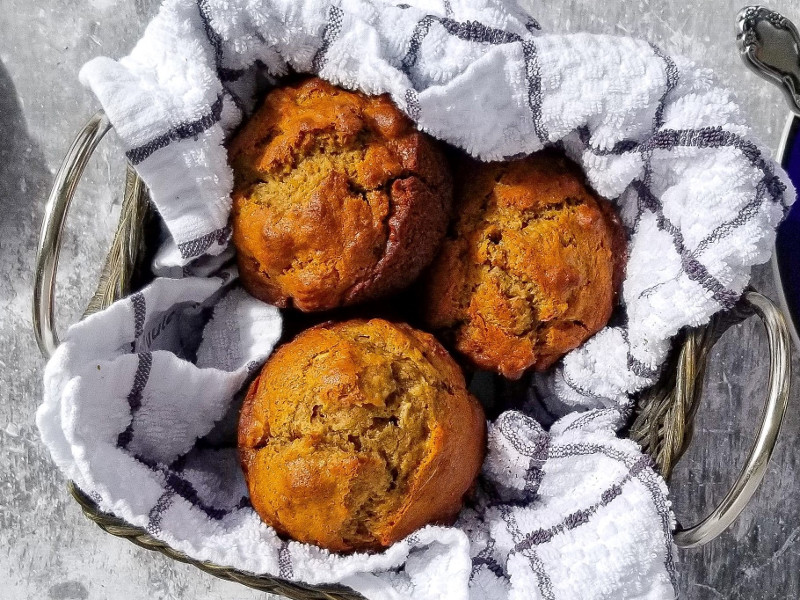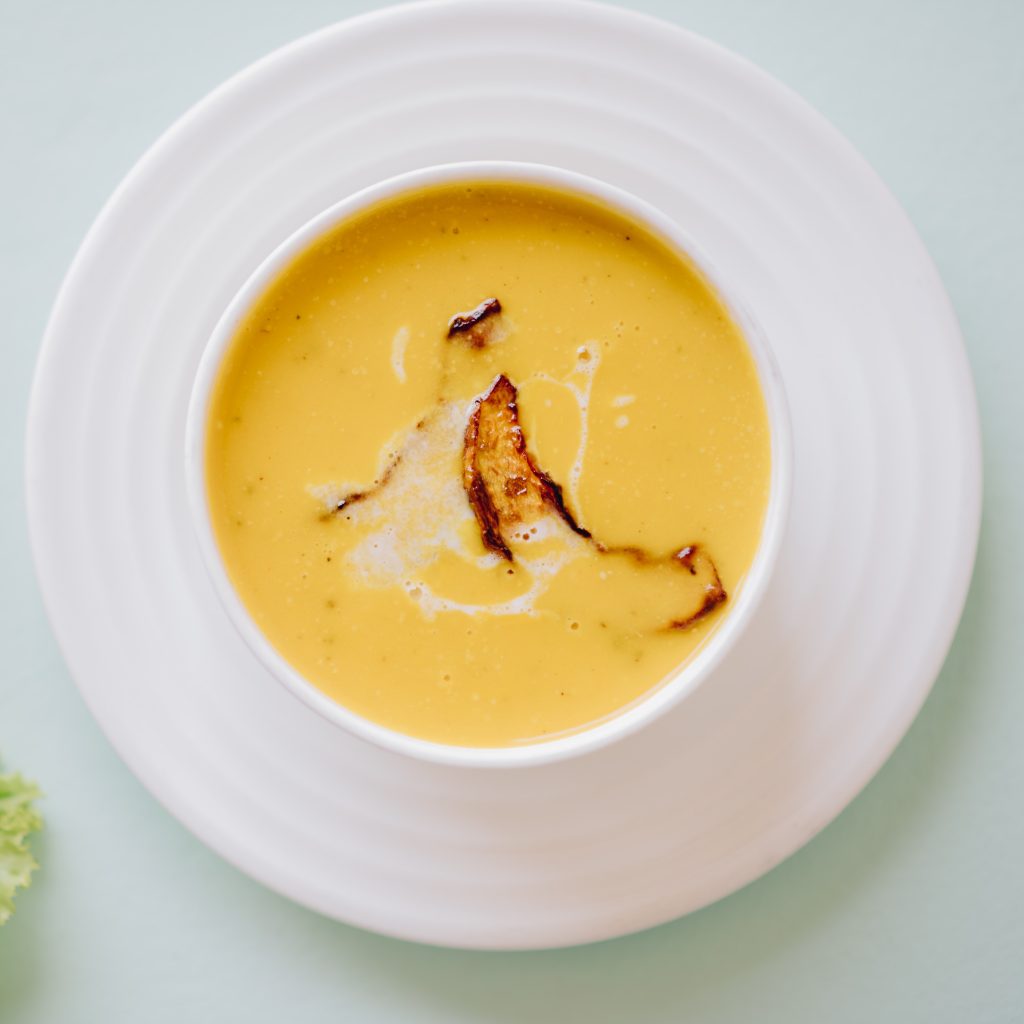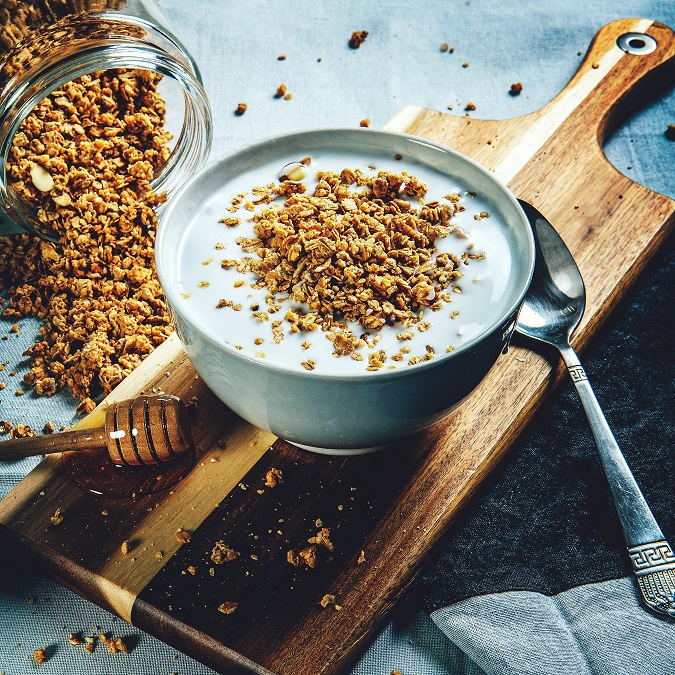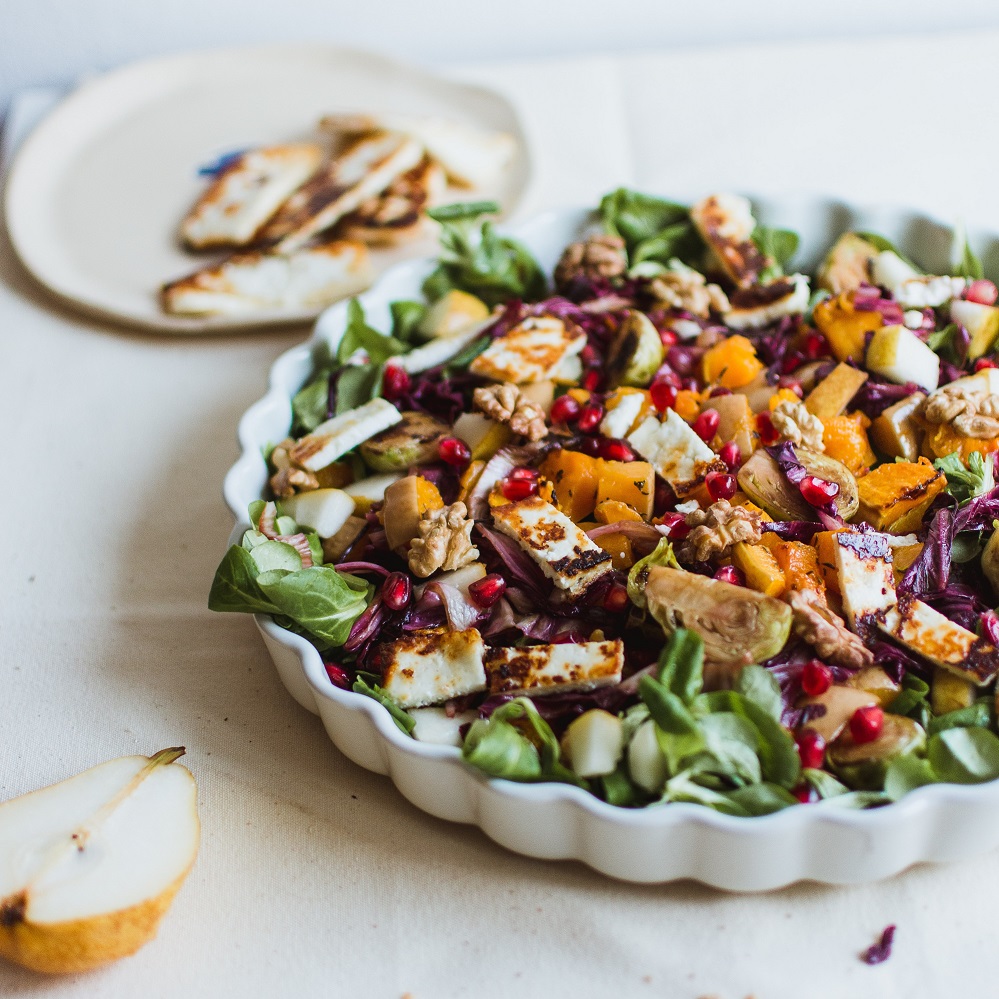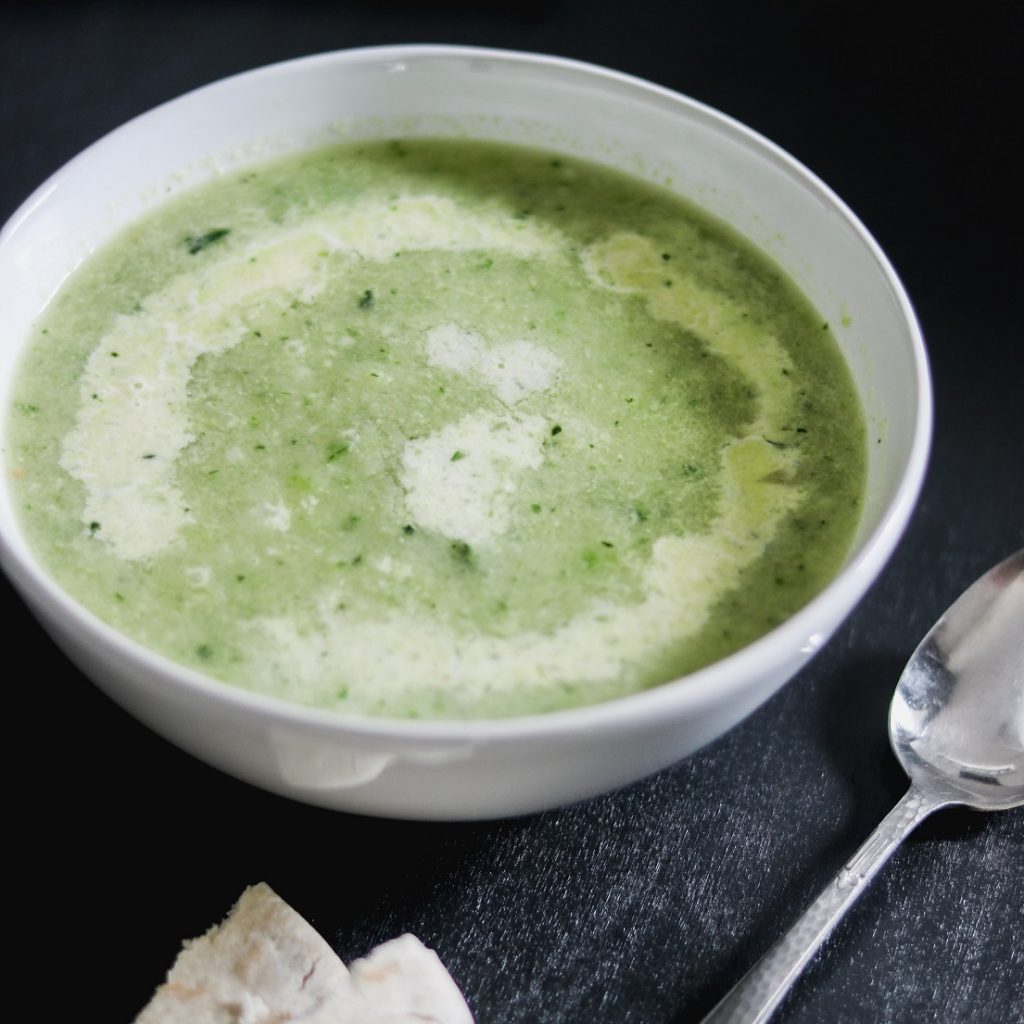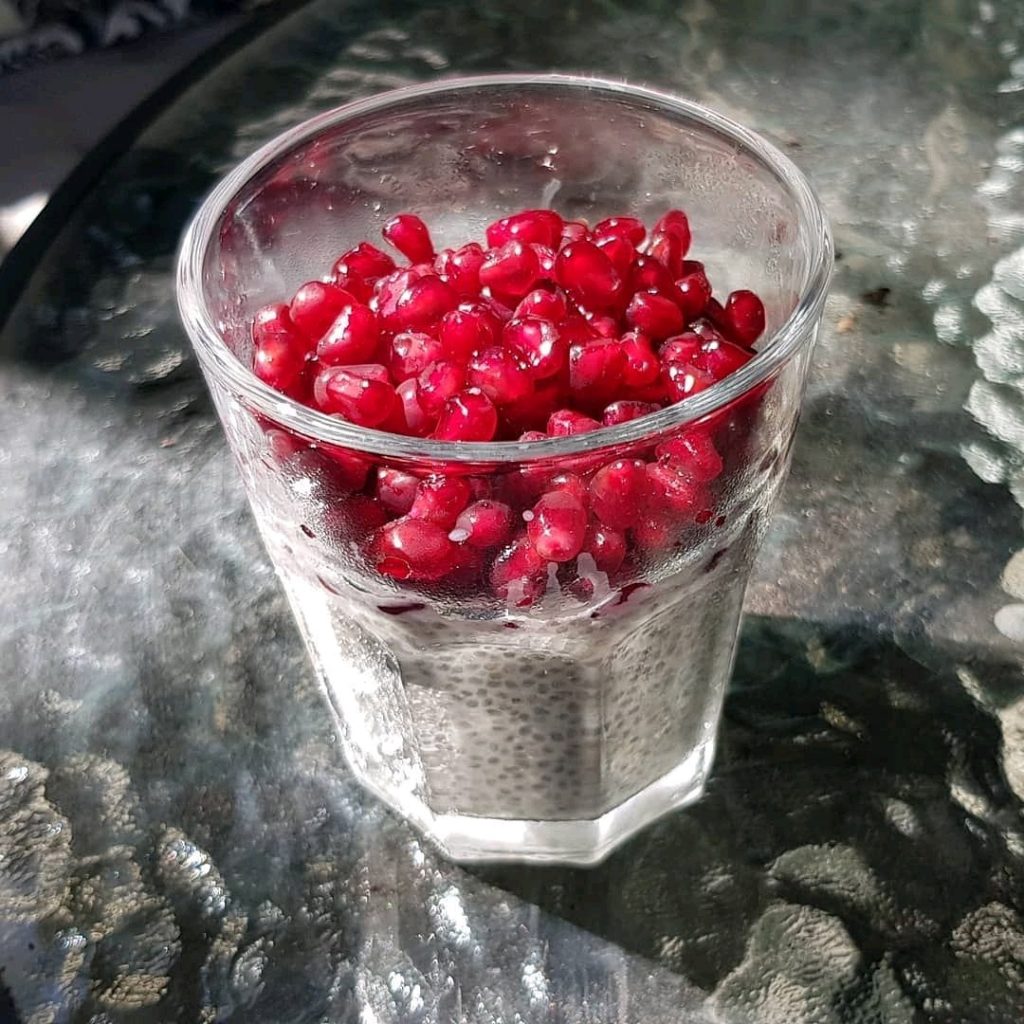You know that self-care is important. But when the to-do list piles up and the hours fly by, it can be a struggle to hit the gym or meditate for 30 minutes. So let’s look at some simple ways that you can practice self-care, even if you don’t have much time throughout your day.
Drink enough water
We all know we should drink plenty of water. But how many of us do? When you’ve got a busy day at work or kids to juggle, water is probably something you only think of when you’re thirsty.
But drinking enough water isn’t just something you want to do because ‘it’s healthy’. Dehydration can affect your ability to focus and think clearly, make you feel hungry and tired, and even impact your mood. Dehydration can also increase mast cell activity! That’s right water is an essential mast cell stabilizer.
So if you want to improve your histamine intolerance symptoms drinking enough water is essential. Drink around 2.1-2.6 Litres per day to keep well hydrated, more if your exercising. Find out more tips to stay hydrated.
Breathe
One of the simplest ways to self-care with zero equipment required? Breathing. Yep, most of us don’t breathe properly! Everyone breathes, but it’s how you breathe that can make all the difference.
How often do you actually notice your breath? If you do notice your breath, would you describe it as deep and slow, or shallow and rapid? Shallow, rapid breathing is a sign that you’re in a state of fight-or-flight (stress). If to remain calm, you want to focus on shifting to deep, slow breaths.
Even just taking 10 deep, slow breaths can help you re-center yourself. Practice this before doing something stressful, or as a break between tasks. I like to count to 4 on the in-breath, then hold the breath for 4, and then very slowly exhale to the count of 8. Do three rounds of this just before starting the car, or when you sit down to eat a meal. It will also improve your digestion.
Another easy option is alternate nostril breathing, which you can check out in the video below.
Have a look at what’s getting you down
Have you ever noticed that you see more things that make you mad or sad when you’re in a negative headspace? That’s your brain playing tricks on you. It’s simply making you more aware of bad things, because that’s what you’re focusing on.
So instead of getting angry or down when it happens, take the proactive approach. Remove, silence or temporarily put away anything that makes you feel bad. This is particularly important when it comes to your online world, but it could be in your physical world as well.
You can:
- Turn off your social media notifications
- Unfollow people who make you feel bad about yourself
- Reschedule non-essential meetings and social occasions with people who don’t make you feel good
- Remove negative posts from your newsfeed
- Only click on posts that make you feel good (social media will change your algorithm based on what you click on!)
- Unsubscribe from any newsletters or content that don’t lift you up and inspire you
- Stop reading or watching the news
- Take 5 minutes to watch some funny cat videos 🙂
- Listen to some belly laugh comedy
Practice gratitude
Gratitude may be one of the most underrated ways to practice self-care. Think it’s not that impressive? Research suggests that those who practice gratitude:
- Take better care of their physical and mental health
- Cope better with stress
- Have strong immune systems
- Are more mentally alert
- Eat a more nutritious diet
- Take a more proactive approach to wellbeing
- Engage in more regular exercise
- Feel more optimistic and happier overall
- Have a brighter outlook on life and the future
Being grateful doesn’t mean that you can’t have things go wrong in life. You can be struggling with food intolerance, a job you hate or relationship issues and still look for things to be grateful for.
Gratitude doesn’t have to be an elaborate ritual. It can be as simple as sending thanks up to the universe, nature or your religious figure when you have a good night’s sleep, get a good parking spot, get all green lights when you’re running late, or a seat on the train. If you enjoy journaling, write down 3 things you are grateful for in the morning or evening before bed. You can even just think of 3 things on waking.
Build time into your day
Another way to give your self more time in the rest and digest phase rather than fight or flight is to add 15-minute buffers to all meetings, appointments or engagements. We generally overestimate how much we can squeeze into a day and underestimate how much time it will take us to get somewhere.
Allowing this extra time means if we are early we can do a breathing exercise for 5 minutes. And knowing you don’t need to rush makes the commute less stressful. Listen to some great music, and enjoy the trip!
Find out which foods are low and high in histamine and how to shop store and cook them in the Happy Without Histamine low histamine foods list.
References
https://www.ncbi.nlm.nih.gov/pubmed/12585811
https://www-ncbi-nlm-nih-gov.ezproxy-b.deakin.edu.au/pubmed/31599262

